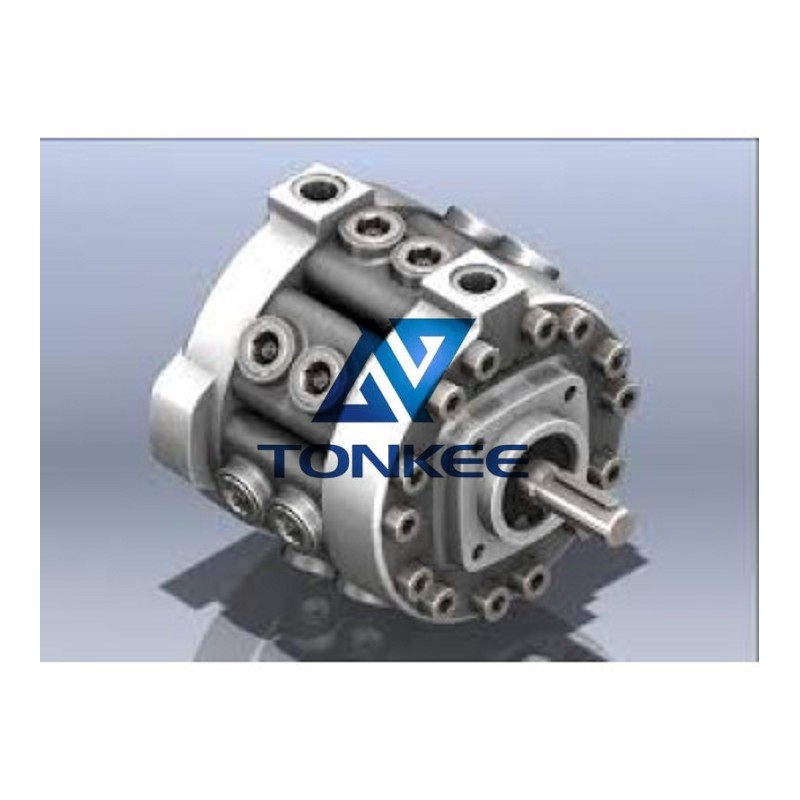
Design and Construction: Radial piston pumps are typically constructed with a durable body and pistons made of materials like cast iron or steel.
The pistons are designed to fit tightly within the cylinders to minimize internal leakage and improve pump efficiency.
Performance Range: Radial piston pumps are capable of delivering high-pressure outputs, often ranging from 200 to 700 bar (2900 to 10,000 psi), depending on the specific model. Flow rates can vary widely, typically ranging from 10 to 200 liters per minute (2.6 to 52.8 gallons per minute).
Operating Modes: Radial piston pumps can operate in different modes, such as constant pressure, constant power, or variable displacement. These modes allow the pump to adapt to varying hydraulic system requirements.
Control Options: Radial piston pumps can be controlled using various methods, including pressure compensators, load-sensing controls, or electronic control systems.
These control mechanisms help maintain consistent pressure levels and optimize pump performance.
Efficiency and Noise Levels: Radial piston pumps are known for their high efficiency, allowing them to convert a significant portion of input power into hydraulic output power. They are also designed to operate quietly, minimizing noise levels during operation.
Applications: Radial piston pumps are widely used in various industrial applications, including heavy machinery, construction equipment, hydraulic power units, presses, and more. Their ability to provide high-pressure and high-flow capabilities makes them suitable for demanding hydraulic systems.



 English
English Türkçe
Türkçe


